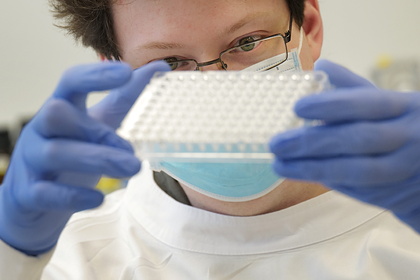
American scientists have found the reasons for the immunity of some people to coronavirus and described the main mechanisms for the formation of immunity against COVID-19. The research is published in the journal Science.
Researchers at the Sanford Burnham Prebis Institute for Medical Discovery (SBP) in La Jolla, California, Jennifer Hope and Linda Bradley, have found that when viruses enter host cells, viruses trigger cellular mechanisms to replicate themselves. This allows them to spread further to the most susceptible cells.
To fight infection, the immune system activates innate immune responses, such as inflammation. These, in turn, activate the adaptive immune system.
Dendritic cells absorb viral proteins and particles, transport them to the lymphoid organs, where they present to T and B cells. If these cells can recognize the virus, the cellular and humoral branches of the adaptive immunity begin to work to jointly ensure the body's defense. An adaptive branch of the immune system generates a protective immune memory. At the same time, those who have not previously encountered this virus often have a T- and B-cell reaction to SARS-CoV-2.
As the authors of the study suggested, the presence of such cellular immunity in people is associated with the existence in their bodies of T- and B-cells specific to other coronaviruses. According to scientists, the immune response to SARS-CoV-2 may depend on the history of previous encounters with viruses of each individual person.
Earlier, scientists at Yale University in the United States explained why men are 1.7 times more likely to die from coronavirus than women. One explanation, the researchers said, is that women have two X chromosomes, which are rich in genes that regulate immune responses. The female sex hormone estrogen also plays a protective role.

